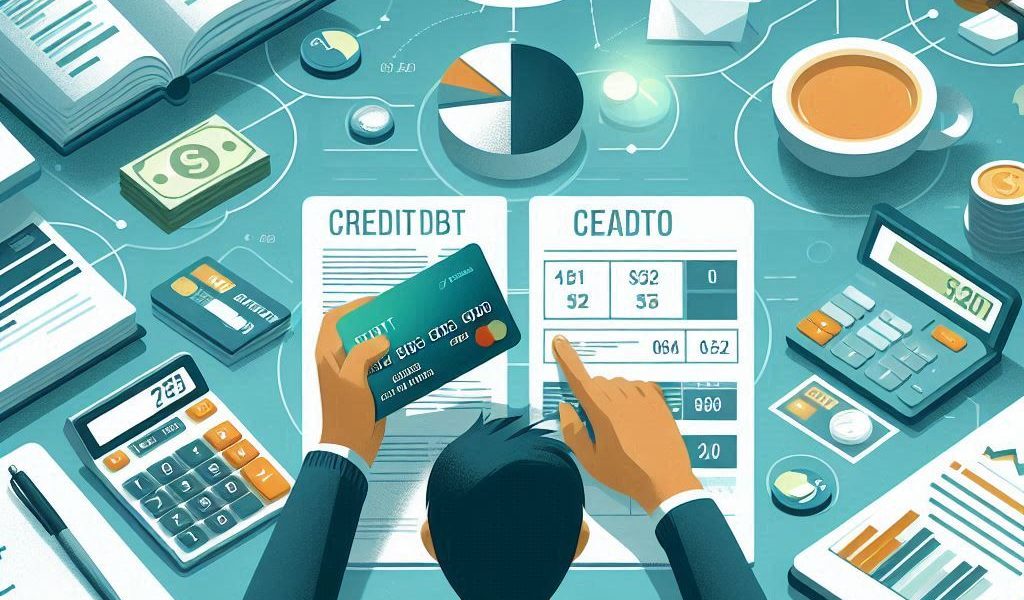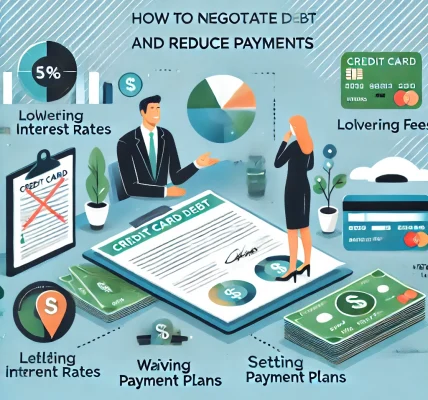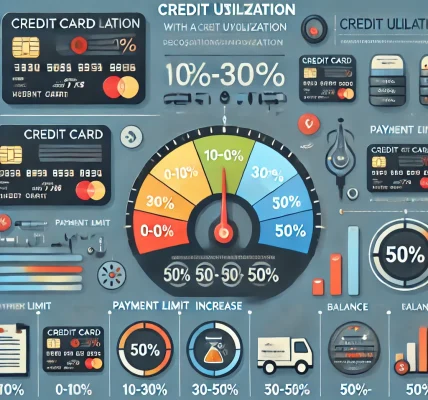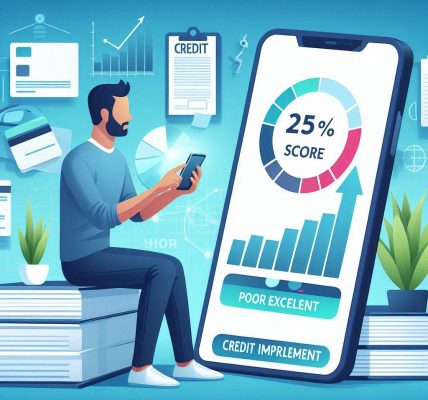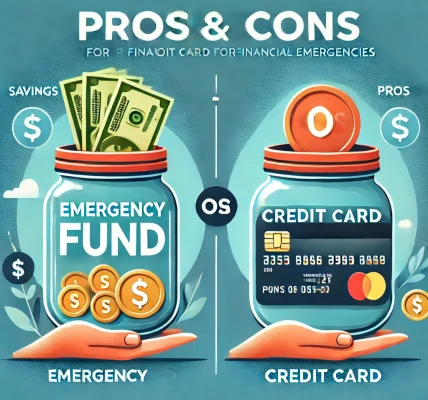Skip to content
Introduction:
- Hook: Start with a relatable scenario. “Credit card debt can seem like a minor issue at first, but it quickly snowballs into a financial crisis that affects your credit score, personal finances, and peace of mind.”
- Overview: Mention that while credit cards offer benefits like rewards and convenience, they also carry risks if not managed well. The blog will explore common pitfalls and provide actionable tips to avoid them.
Section 1: Understanding Credit Card Debt
- How Credit Cards Work:
Explain briefly how credit cards work—credit limits, interest rates, and minimum payments.
Mention the importance of understanding terms like APR (Annual Percentage Rate), grace periods, and late fees.
- Common Causes of Credit Card Debt:
- Overspending
- Misunderstanding of interest rates and fees
- Making only minimum payments
- Lifestyle inflation (spending more as income increases)
- Ignoring balance transfers and payment plans
Section 2: Common Credit Card Debt Pitfalls to Avoid
- Ignoring the Interest Rate:
- Explanation: Many people overlook high APRs and end up paying significant amounts of interest over time.
- Tip: Always pay off the full balance or at least more than the minimum payment to avoid interest.
- SEO Keyword Focus: “credit card interest rates”, “APR impact”
- Making Only Minimum Payments:
- Explanation: While it may seem manageable, making only the minimum payment results in long-term debt accumulation.
- Tip: Pay more than the minimum payment or, ideally, pay the full balance every month.
- SEO Keyword Focus: “minimum credit card payment”, “paying off credit card debt faster”
- Late Payments:
- Explanation: Missing payment deadlines can lead to fees and a higher interest rate.
- Tip: Set up automatic payments or reminders to ensure timely payments.
- SEO Keyword Focus: “late payment fees”, “credit card penalties”
- Not Reading the Fine Print:
- Explanation: People often skip reading the terms and conditions, leading to unexpected fees and penalties.
- Tip: Always read the credit card agreement carefully, focusing on fees, APRs, and other charges.
- SEO Keyword Focus: “credit card terms”, “hidden fees in credit cards”
- Maxing Out Your Credit Card:
- Explanation: Using too much of your credit limit negatively affects your credit score and can lead to debt spirals.
- Tip: Maintain a low credit utilization rate (ideally below 30% of your credit limit).
- SEO Keyword Focus: “credit utilization ratio”, “credit score impact”
- Paying Fees Unknowingly:
- Explanation: Fees for foreign transactions, cash advances, and late payments can add up.
- Tip: Avoid unnecessary fees by understanding where and how your card charges.
- SEO Keyword Focus: “credit card fees”, “foreign transaction fees”
Section 3: Practical Tips to Avoid Credit Card Debt
- Create a Budget:
A practical budget ensures that you only charge what you can afford to repay within the month.
- Track Your Spending:
Use apps or spreadsheets to track every purchase. This will help you stay within your budget and avoid overspending.
- Automate Payments:
Set up auto-pay to cover at least the minimum payment each month to avoid penalties and interest.
- Use Credit Responsibly:
Only use your credit card for purchases you can pay off by the end of the billing cycle. Avoid impulse buys that can lead to debt.
- Know Your Credit Card’s Benefits:
Understand rewards programs, cashback offers, and other benefits your credit card offers to make the most of it without over-spending.
Section 4: What to Do If You’re Already in Credit Card Debt
- Seek Professional Help:
If you’re already in debt, consider consulting a financial advisor or credit counselor who can help you create a repayment strategy.
- Debt Consolidation Options:
Explore options like balance transfers or personal loans to reduce interest rates and simplify debt repayment.
- Contact Creditors for Help:
If you’re facing difficulty making payments, consider contacting your credit card company for reduced payments or negotiating better terms.
Section 5: Building a Positive Credit History
- On-Time Payments:
Highlight the importance of on-time payments in building and maintaining a good credit score.
- Limit New Credit Applications:
Avoid opening too many credit cards in a short period as it can negatively impact your credit score.
- Credit Monitoring:
Keep track of your credit score using free tools and services to monitor your progress and ensure no fraudulent activity.
Conclusion:
- Recap Key Points:
Summarize the main points covered in the blog: understanding credit card debt, common pitfalls, and practical tips for avoiding debt.
- Call to Action:
Encourage readers to take control of their credit and avoid debt pitfalls by using the tips provided.
